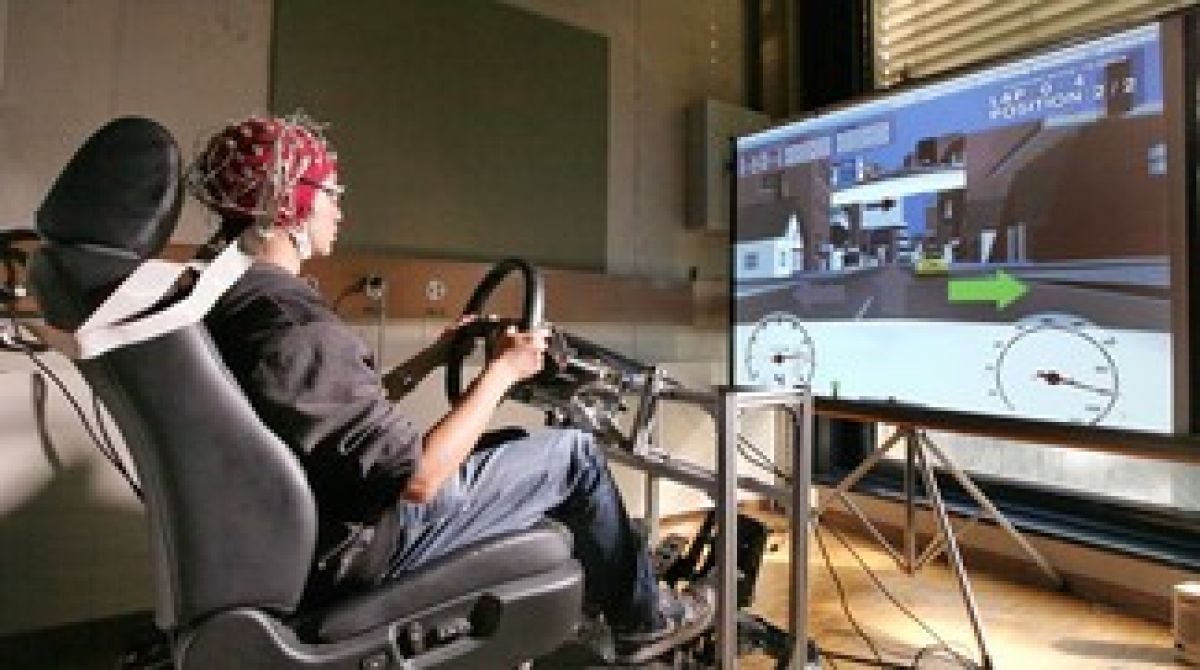Ferrari has been known to talk about a mind reading technology in an automotive application, so the idea is not new, but they never took it that one step farther than just talk. Nissan has readily confirmed an interest in the field and making it a reality.
So, what is mind reading technology in an automotive application? It’s quite fascinating, actually. Research on what’s being called the “Brain Machine Interface” (BMI) is already in place in vehicles. This gives disabled drivers the ability to maneuver their wheelchairs by thought transference alone. The next stage is to adapt the BMI processes to the car.
How it works is by using brain technology which is a combination of brain activity measurement and eye movement patterns and scanning the environment around the car in conjunction with the car's own sensors. Sounds very high tech, but researchers are working on making it happen. When scanning, researchers are hoping that the technology will be able to predict what the driver plans to do while driving. For example, will he or she make a turn or a lane change? The technology should be able to pick this up and help the disabled perform the maneuver in a completely safe way. Safely for the driver and safely for other vehicles on the road.
At this time, Nissan is undertaking this ground-breaking work by working in collaboration with the École Polytechnique Fédérale de Lausanne in Switzerland (EPFL). The Nissan and EPFL partnership is hard at work developing systems that go to the next stage of the mind reading technology by using statistical analysis to predict a diver's intentions. They are also working to evaluate a driver's cognitive state relevant to the environment in which they are driving. Often times, city driving is very different than country driving in terms of terrain and the cognitive mental state of the driver. City driving can be stressful with the need to make quick, sharp decisions, while country or rural driving might be more relaxing.
The bottom line is that as researchers work hard on a daily basis, one day in the near future, we may see that cars will be able to predict the moves that we make while driving them. Your car may one day know that you want to make a left hand turn, for an example, and without you saying anything, the car itself will prepare for the turn by changing the speed you’re going and by changing your road position. Technology at its finest – and possibly not too far off in the future.





